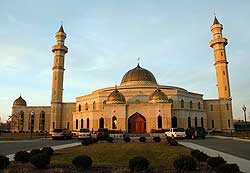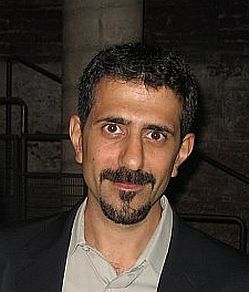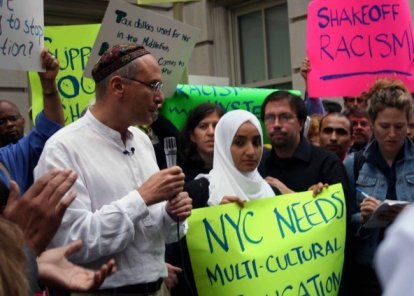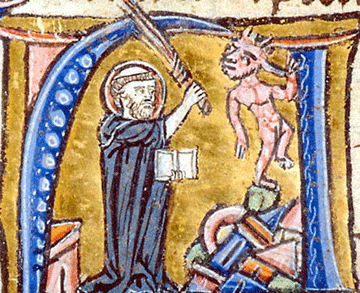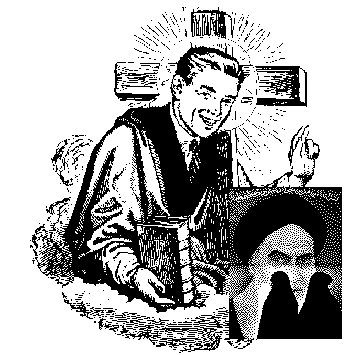
By JEFF KAROUB,AP
Posted: 2008-06-18 19:03:06
DETROIT (June 18) – A young Muslim woman said she and another woman were refused seats directly behind Barack Obama — and in front of TV cameras — at a Detroit rally because they wear head scarfs. For the full story, go here.
The full story speaks of the irony of Obama’s inclusive campaign excluded these women. Other Muslims, including one of the women’s brothers would have been welcome to these seats but they refused them as a token of solidarity (as did non-Muslims).
The fact that this is even a issue speaks to the ways in which hijab is iconic not only of Islam but of what Americans fear about Islam. I myself have been guilty of this. Once at a Thai (Buddhist) festival, I observed that it was interesting that there were Muslims present. However the only way of identifying Muslims was by the head coverings worn by the women. The men, as is sometimes (often?) the case did not wear anything distinctive. I assume that since some Muslim men could have sat behind Obama means that they were not wearing distinctive clothing.
Continue reading Muslim Women Rejected at Obama Rally
